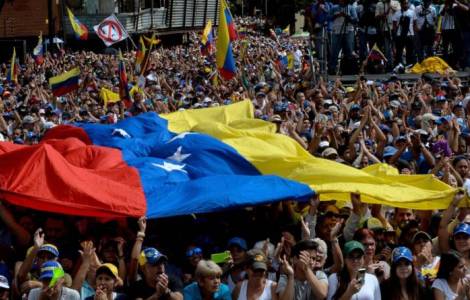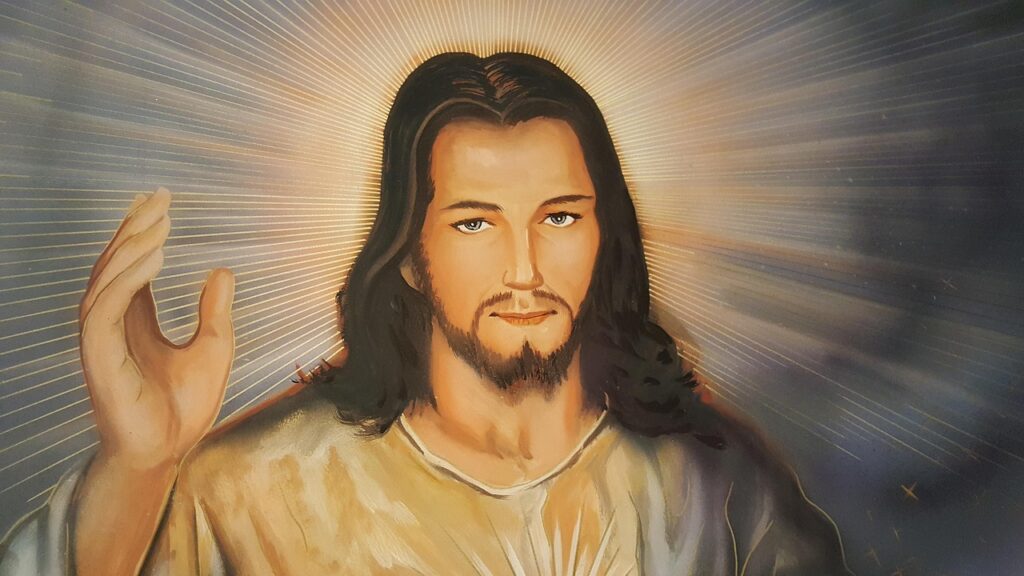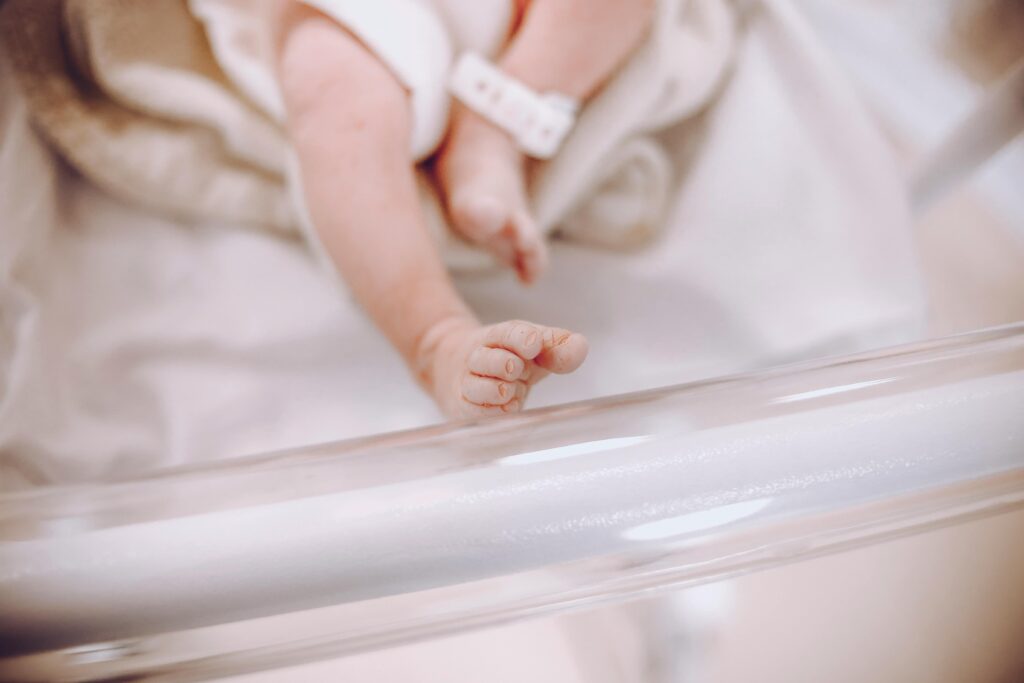Bishops of Venezuela Issue Message of Hope
'Every Kingdom Divided Against Itself will be Laid Waste'

“A message of hope in the love of God and of personal and community commitment in the re-foundation of our country, in the midst of so many calamities and sufferings that afflict us”, is what the Bishops of Venezuela, “as pastors and brothers”, say at the end of their ordinary Plenary Assembly.
The Pastoral Exhortation, entitled “Every kingdom divided against itself will be laid waste”, (Mt 12:25), presents in detail the current reality of the country, which is going through a profound crisis denounced several times by the Bishops. Firstly, the Covid-19 pandemic, the crisis in health structures, the lack of a vaccination plan: “One cannot play with the sacred right to health”, they underline in the text, asking the government to provide hospitals with the necessary to assist the sick and to adopt “a real and serious vaccination policy for the entire population”.
For some years now, and especially now with the pandemic, the education system has been experiencing serious problems, such as insufficient salaries for teachers and online education and the fact that less than 20% of families have access to the internet. “Educational policies must seek to create a global pact for education, involving everyone, which puts the issue of education on the table not only in the educational and family sphere but also in the governmental sphere”, underlines the Exhortation.
The Bishops, therefore, reiterate their condemnation of the recent acts of violence that took place in the capital, caused by irregular armed groups and criminal gangs also present in other regions of the country, and expressing their solidarity with the victims of this situation, they ask state institutions “not to violate the principle of centrality and human dignity so that the personal safety of citizens is placed before any other interest”.
In this regard, they denounce the violations of human rights suffered by people or organizations in Venezuela, and call on the competent authorities, “to fulfill their mission as foreseen by the Constitution of the Republic”. They urge that “they protect the physical integrity and immediately release the members of Fundaredes and of all the organizations that monitor and fight for the rights of all Venezuelans”. The Bishops, therefore, warn the members of the National Assembly, as well as all men and women of goodwill, against the “real danger of imposing the so-called ‘gender ideology'” which “contradicts scientific truth and common sense … it is an ideological colonization that derives from great economic interests”. They then define as “worrying the progressive division that exists between the various political protagonists of the country and their disconnection with the problems of the people. Both within the government and the opposition, strong antagonisms are created based on personal ambitions, sectarianism and power anxieties”. Regional elections, “are an excellent opportunity to strengthen local and regional leadership, and for aspirants to see this as an opportunity to serve our fellow citizens and promote the common good”.
In the second part of their Exhortation, the Bishops appeal to solidarity and communion to resolve conflicts and get out of this worrying situation: “Only if we join forces and our wills that we can move the country forward. It is urgent that each of us, as a person and as a people, contribute to the reconstruction of our country”. To achieve this goal, there must be “a real participation of all citizens in the rebuilding of our nation”. “We will never be able to reach the goal of the common good for our country and, above all, we will not be able to eradicate poverty, material and moral misery from our people, if we do not join our efforts and walk all together towards a common goal, which involves the liberation and integral development of our people”.
Quoting Pope Francis, the Bishops affirm: “Synodality is an important contribution that the Church gives to our country, inviting us to walk together. We must all accompany our people in the search for the most authentic forms of development”. “At this moment God is calling us to solidarity – they conclude – which implies listening to the cry of anguish and hope of the poor, to analyze the situation and to promote community, social and political organization and policy to fight against the structural causes of poverty”.
Related

A Call for Peace in 16 Languages in Krakow and Across Six Continents
Heschel Centre for Catholic-Jewish Relations at the Catholic University of Lublin
11 March, 2025
2 min

The Spirit led him through the desert, while he was tempted: Fr. Jorge Miró
Jorge Miró
09 March, 2025
3 min

Reflection by Monsignor Enrique Díaz: Temptations
Enrique Díaz
08 March, 2025
6 min

The Church in Mexico calls to promote the culture of life in the Jubilee of Hope 2025
Exaudi Staff
06 March, 2025
1 min
 (EN)
(EN)
 (ES)
(ES)
 (IT)
(IT)

